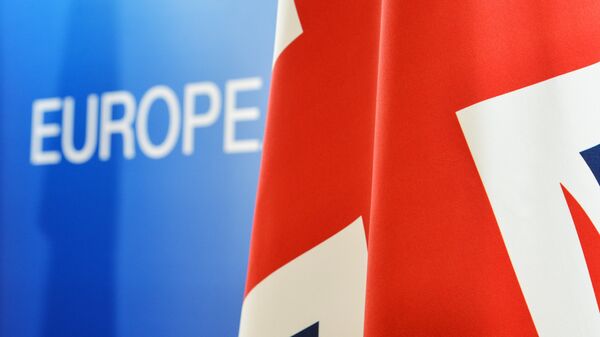The British organization Institute for the Study of Civil Society, otherwise known as "Civitas" has published a report which it claims demonstrates a systematic bias at the BBC against voices favorable to the UK's exit from the European Union.
Entitled "Brussels Broadcasting Corporation: How Pro-Brexit Views Have Been Marginalised in the BBC's Coverage," the report is the result of 18 years of monitoring the broadcaster's output by Civitas which claims the national institution has violated its own charter of principles by giving disproportionate prominence to voices advocating that Britain remain in the European Union.
Among the claims in the report is the allegation that only six of the 366 guest commentators on the BBC's Today Program in the six months following the Brexit referendum were supportive of the poll's outcome.
In particular, the report mentions the BBC's alleged propensity to filter out pro-Brexit voices from the left-wing of the Labour Party, instead giving prominence to those of the right of the Conservative Party and the British National Party.
The report claims the BBC's position on the European Union has its origins in a "purge" of anti-EU editorial staff in the early 1970s when Britain first acceded to the then European Economic Community, later to become the EU. Former Labour member of Parliament Roy Hattersley was quoted saying that the broadcaster's position would in the long-run be negative for pro-European sentiment in the UK.
"Not only was it wrong for us to deal superficially with what Europe involved but we've paid the price for it ever since because every time there's a crisis in Europe people say – with some justification – 'well we wouldn't have been part of this if we'd really known the implications'. Joining the European Community did involve significant loss of sovereignty but by telling the British people that was not involved I think the rest of the argument was prejudiced for the next 20, 30 years," he said.
The report also takes issue with what it considers the BBC's unduly strict complaints requirements which it claims ensured that more widespread public dissatisfaction with its coverage was able to be ignored.



